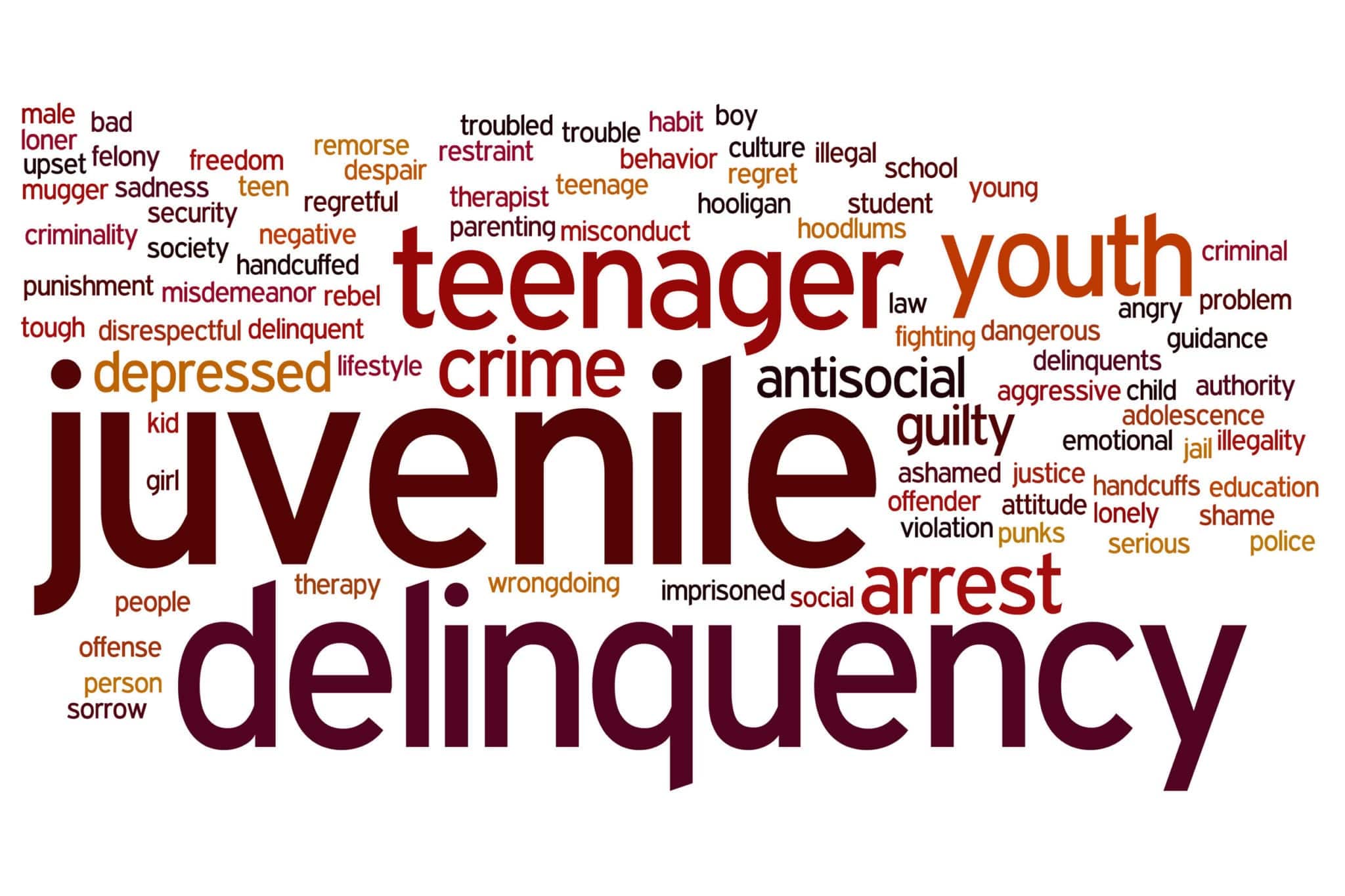Teenagers are famous for being impulsive and making decisions that… may not be so great. Nowhere has this been more apparent than in the statistics surrounding juvenile crime in Minnesota.
According to the Minneapolis police, there has recently been a fairly sharp increase in crimes — including juvenile crime — in the Twin Cities. In places outside of Minneapolis, there’s been an increase in juvenile crime too – up 17 percent over last year in Hennepin County and up 7 percent in Ramsey County.
Here’s what you need to know about juvenile crime in Minnesota – how it’s handled and which crimes juveniles tend to commit the most.
The Most Common Juvenile Crimes in Minnesota
Juvenile courts often offer less severe punishments to juveniles that break the law when compared to adults, but that doesn’t mean that juvenile crime won’t have a negative impact on a minor’s future. If you want to help your child to avoid getting mixed up in the juvenile system in the first place, then it’s important to understand what crimes minors tend to be charged with.
The most common juvenile crimes include:
Simple Assault
Simple assault is generally any action that threatens or harms another person in a manner that isn’t serious, but where the person feared for their safety.
Shoplifting
This can include the petty theft of items valued at $500 or less or larceny with high-value items that can result in much stricter sentencing by the court.
Underage Drinking
Underage drinking is probably one of the most common crimes committed by juveniles across the United States. Any minor caught drinking, under the influence of alcohol, or in possession of it can be charged.
Drug Abuse Violations
The use, possession, manufacture, and distribution of controlled substances is illegal and another common juvenile crime.
Vandalism
When a juvenile intentionally destroys the property of others, including spray painting graffiti, keying cars, or breaking windows, then they can be charged with this crime.
How the Minnesota Juvenile Justice System Works
Juvenile cases are handled differently than cases in adult court. If a minor commits a delinquent act, they are charged with a crime and entered into the juvenile justice system, which works to rehabilitate offenders with programs such as diversion or community service.
When a juvenile commits a crime and is arrested, this is the process that is normally followed:
- The incident is investigated and charged
- The juvenile may be taken into custody and detained when the incident occurs and can be detained or released to the custody of their parent or guardian
- Arraignment hearings are scheduled where a juvenile must admit or deny they committed the offense they’re charged with
- A pretrial hearing is scheduled in front of a judge to discuss the law before the actual trial date if the minor denies the charges
- A trial in front of a judge occurs where evidence is presented, and the charges are proven or not proven
- Disposition is the next phase and occurs if the case is proven, which is the equivalent of a sentencing hearing for adults
It’s important to note that juveniles are afforded all the rights any defendant would have under the law. They have the right to a lawyer, they are innocent until proven guilty, and they have the right to a trial. If the charges against them are proven, then they may ultimately face a variety of penalties that the judge in the case will decide on. They can be asked to pay restitution to victims, pay fines, perform community service, be on supervised probation, be placed out of their home, or detained in a juvenile correction facility.
About the Author:
Christopher Keyser is an AV-Preeminent rated criminal and DWI defense attorney based in Minneapolis who is known for fighting aggressively for his clients and utilizing innovative tactics to get the most positive results. He has been featured in numerous media outlets due to the breadth and depth of his knowledge and named a Certified Specialist in Criminal Law by the Minnesota Bar Association. Mr. Keyser is Lead Counsel rated, and he has received recognition for his criminal law work from Avvo, Expertise, Super Lawyers, The National Trial Lawyers, and more.







